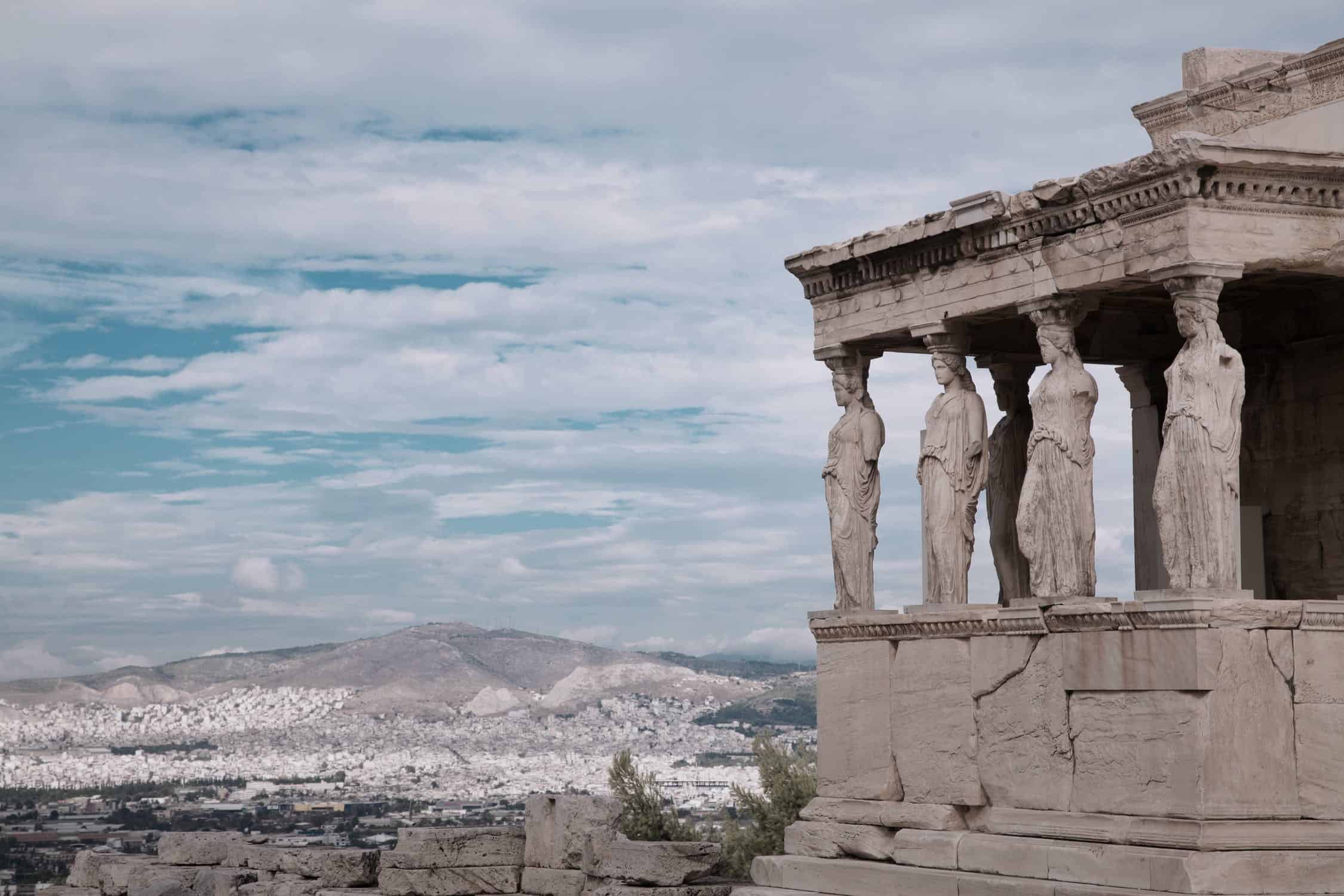Challenging unfair traditions – reflections on Surat al Al-Shu’araa’

There are numerous lessons for us in the exchanges between people in the Quran, like Musa (peace be on him) and Firaun and between Ibrahim and his father and his people.
Lessons in the discussions
Allah Almighty presents and highlights very specific scenes from their lives as they are common scenarios which we encounter in our own lives, as human nature stays the same, shaytan continues to play us, and exploits our weakness and intensifies temptation.
In Surat al Al-Shu’araa’, Ibrahim (peace be on him) asks his father and his people what they worship and they reply:
Relate to them ˹O Prophet˺ the story of Abraham,
when he questioned his father and his people, “What is that you worship ˹besides Allah˺?”
They replied, “We worship idols, to which we are fully devoted.” (26:69-71)
Ibrahim (peace be on him) is not satisfied with their answer, so he poses another question, which is common sense:
Abraham asked, “Can they hear you when you call upon them? (26:72)
Or can they benefit or harm you?” (26:73)
They do not admit that their idols have no power or ability whatsoever, but they answer that they are doing what they have been brought up doing.
Blocking common sense
Out of stubbornness and familiarity with their traditions and customs, people tend to block their common sense and blindly follow the practices of their community. See how their answer evades the question:
They replied, “No! But we found our forefathers doing the same.” (26:74)
Doing something because you saw it being done does not mean it is the right thing to do. This is why Allah Almighty sent the revelation.
Abraham responded, “Have you ˹really˺ considered what you have been worshipping (26:75)
Ibrahim (peace be on him) asks them if their Lords have the ability to benefit or harm them or hear them and respond to them, which are the attributes of the real Lord.
Challenge the status quo when it is not right
Ibrahim (peace be on him) was the father of the prophets and we see here that how he is challenging the status quo. This is what we need to do in our communities. Don’t comply with traditions which go against justice and fairness and basic human rights.
Tradition does not validate an action
Traditions and customs do not validate an action or make it right. It is not your culture or tradition which makes something right or wrong. It is revelation which makes it right.
Be careful not to override your common sense. I have said many times that Islam is the religion of common sense, when it has not been corrupted.
I ask Allah to keep our hearts and our loved ones on the straight path. And to enable us to challenge the status quo when it’s wrong and bring a change to humanity. Ameen.
Shaykh haytham Tamim – Ramdaan Day 13

- The truth is more powerful than lies
- Does a bride’s wali have to be Muslim?
- Is is permissible to lead a salah split over different rooms?
- Global IT outage. When systems go down…
- The concept of worship. What are ibadah and ihsan – and how do they lead to self development?
Recommended Posts

The truth is more powerful than lies
July 26, 2024

Global IT outage. When systems go down…
July 19, 2024

